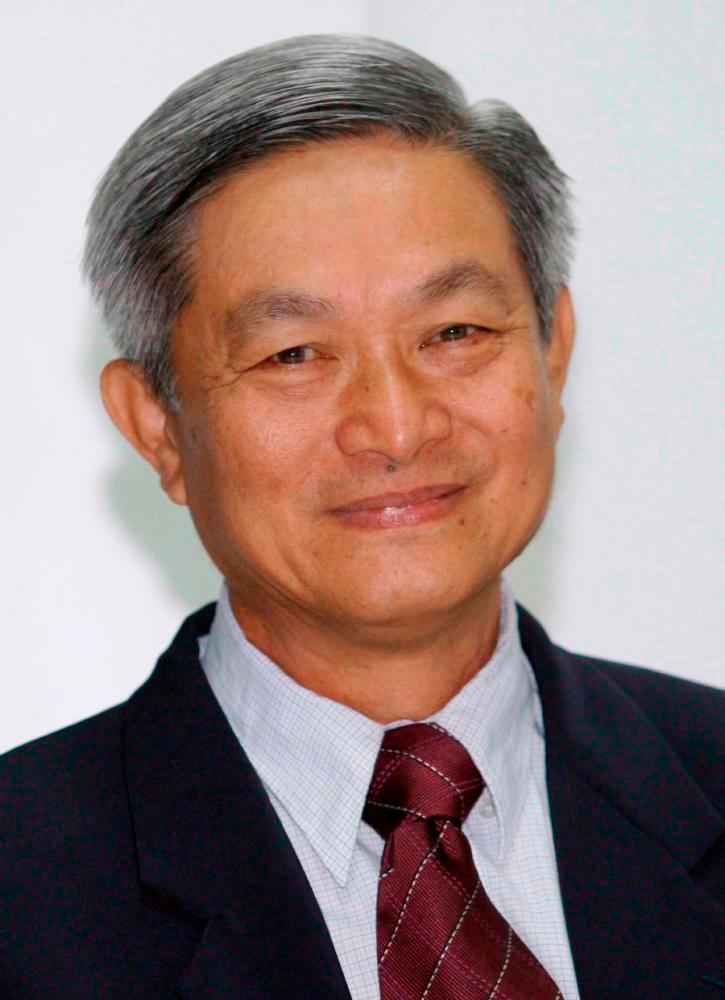PETALING JAYA: The electronics and electrical (E&E) sector and other high technology industries will benefit from increased foreign investor confidence on the ability of the new government to maintain political stability and deliver the needed structural and institutional reforms, according to Sunway University professor of economics Dr Yeah Kim Leng.
“Domestically, SME (small and medium-sized enterprises) in various manufacturing industries and supply chains will benefit from improved investment climate amid continuing political and policy stability. In addition, the agricultural and fisheries sector and petroleum industry will benefit from the increasing focus on food and energy security,” he told Sunbiz.
Yeah said that with the strengthening of governance and administrative efficiency, the country’s business environment is expected to become more dynamic and competitive. Through inter-industry linkages and “crowding in” effects, there will be more business and investment opportunities available to both new and existing industries.
In addition, he remarked that the relatively quick resolution to the hung Parliament has generated positive responses and favourable sentiments in the financial markets and overall economy. The unity government is also viewed favourably with Datuk Seri Anwar Ibrahim’s appointment as the new prime minister (PM) from the Pakatan Harapan coalition with the most seats leading the new government.
He said another positive factor for the country’s economic outlook is that the new PM has extensive experience and good international standing and importantly, a reform agenda that is focused on reducing corruption and wastage, restoring integrity and trust on the government and strengthening social cohesiveness.
“Reducing corruption, leakages and wastage in annual budget of over RM300 billion coupled with greater spending effectiveness and improved allocation efficiency can translate into 0.5 to one percentage point increase in gross domestic product growth. Growth will be higher and more sustainable as stronger consumer and investor confidence translates into higher spending and investment,” said Yeah.
Commenting on Anwar’s stance to enhance foreign ties, Yeah said the new PM has conveyed an appropriate signal of the country’s continuing pragmatism in welcoming trade and investment from all countries and eschewing great power rivalries that force countries to take side.
On the ringgit, Yeah opined that with global growth softening and inflation likely to have peaked, the US is expected to be less aggressive in raising interest rates that have underpinned the spike in the dollar against most countries including Malaysia.
“The sharp reduction in the ringgit’s risk premium as shown by its gains against the US dollar following the resolution of the political impasse will likely to be maintained. The ringgit will likely hold its recent gains but slight temporary retracements are likely until the end of the US Federal Reserve’s interest rate tightening cycle,” he said.
In terms of outlook, he said Malaysia’s economic resilience is certainly enhanced by the reduction in political risk factor, thereby improving its readiness to face the looming global headwinds. Malaysia’s outlook for 2023 is largely shaped by the uncertain severity of the global slowdown expected next year.
“Nevertheless, there is increased optimism that the economic focus and institutional reform agenda of the Anwar-led unity government will be able resuscitate investor confidence and unleash Malaysia’s growth potential over the next three to five years,” he said.
Meanwhile, Rakuten Trade Sdn Bhd equity sales head Vincent Lau said the local tech sector will continue to do well - beneficiary of US and China tension while Malaysia and Anwar is likely to remain business-friendly to both US, China and the rest of the world,” he told Sunbiz.
Lau said the appointment of the unity government and Anwar as (Malaysia’s tenth prime minister) PM10 has been well-received by the local and foreign investor community.
“We have been cautiously optimistic even after the dissolution of Parliament (valuation-wise) and now we are more optimistic and positive on market outlook with the uncertainty removed post general election. This is something foreign investors and local investors are looking forward to.
He added that it expects foreign funds to continue to be in the local market (year-to-date around RM5.8 billion) and foreign direct investment to rise as well, apart from Malaysian equities.
“Among the sectors, we prefer financial, consumer staples and real estate investment trusts as they could play a defensive role amidst the global volatility and provide buffers for investors to avoid unexpected drawdowns. At the same time, some sectors that we think could potentially flourish under the new government include tech (particularly semiconductors and green energy) and healthcare (particularly hospitals and pharmaceuticals),” said iFast Research in a statement last week.
It said that investors are turning positive on Malaysia with the expectations of a cleaner, more transparent, more competent and more business-friendly government leading the country and putting aside years of political uncertainty.
“Going forward, we continue our optimistic view on Malaysia for 2023 with most of the key drivers such as the resilient macro economy, tailwind from high commodity prices, undemanding valuations, decent earnings growth and attractive dividend yields still in place,” it said.
It expects the market to duly recover after more certainties come in, coupled with stable corporate earnings based on the forward 2024 consensus.
Yeah said the new PM has conveyed an appropriate signal of the country’s continuing pragmatism in welcoming trade and investment from all countries and eschewing great power rivalries that force countries to take side.













